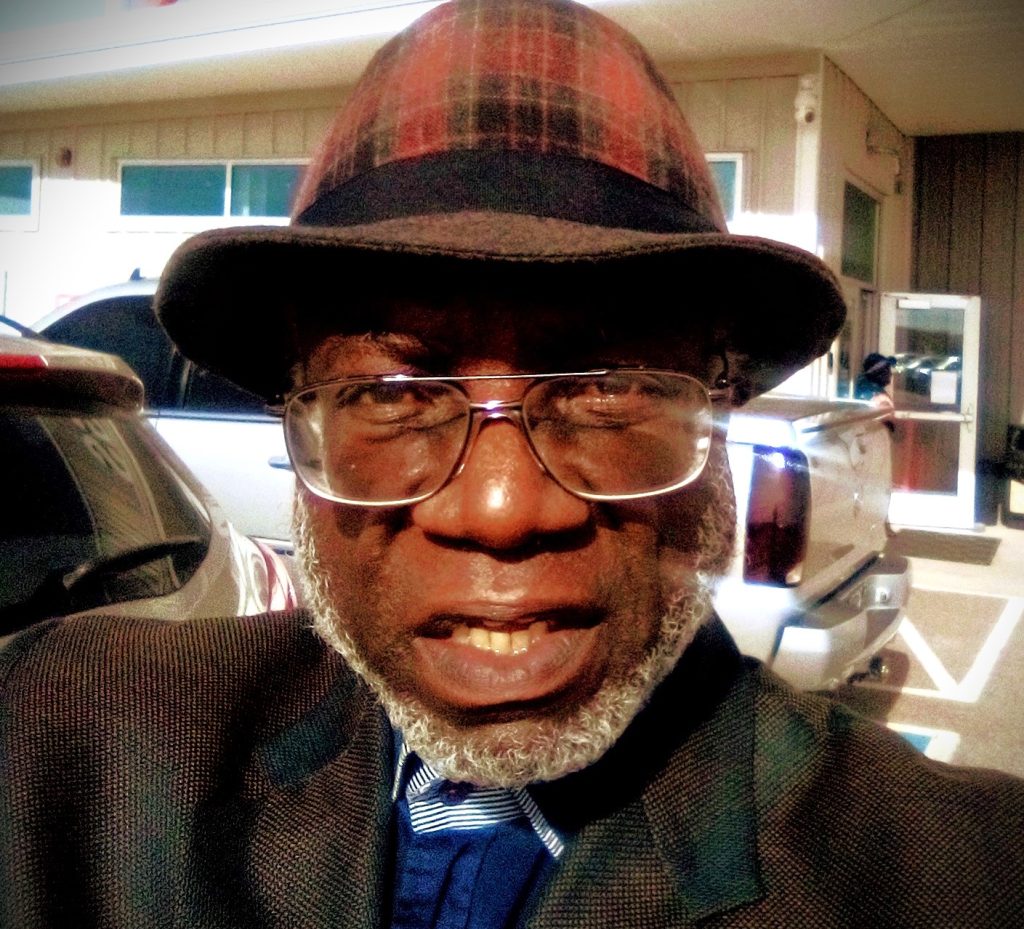By Henry Kyambalesa

In this article, I wish to answer the following question posed by Fred M’membe of the Socialist Party:
“What will be unconstitutional about proposing changes in the law to accommodate policies and ideas that benefit and largely empower our people through their traditional and religious leaders?”
1. Changes to the Republican Constitution must never be made to satisfy the inclinations, or meet the political ambitions, of individual citizens or groups of citizens.
2. Chieftains and the clergy ascend to positions of authority through coronation; they are not elected by the people and can, therefore, not claim to have the authority to lead them in the pursuit of socioeconomic endeavors.
3. One has to be naïve and really crazy to believe that he or she can easily organize believers from the Baha’i Faith, Buddhism, Christianity, Hinduism, Islam, Judaism, and any of the minor vehicles of faith and worship to harmoniously work together in the pursuit of socioeconomic endeavors.
4. The Constitution of Zambia (Amendment) [No. 2 of 2016] Article 168 stipulates the following:
(1) Subject to clause (2), a chief may seek and hold a public office.
(2) A chief who seeks to hold office in a political party or election or appointment to a State office, except that of councilor, shall abdicate the chief’s throne.
Any suggestions or calls to make casual changes to such a Constitutional proviso would be unconstitutional. After all, elected government officials pledge to defend and protect the Republican Constitution, and not to tear it apart—it is essentially the supreme law of the land!
It should, therefore, not be subject to casual changes in the same manner as we decide whether to have ‘nshima’ with chicken and ‘kalembula’ or either anchovy or tilapia and ‘chibwabwa’ or ‘impwa’ for supper.
By the way, a caveat to remember in this regard is that chieftains preside over an institution—the chieftaincy—and we should never contemplate tossing the institution into the political arena.
5. If chieftains are allowed to participate in partisan politics, they can consciously or otherwise abuse the absolute traditional authority they wield by imposing their political views and choices on their subjects—a situation which can lead to tribal politics in our country.
6. Active participation by chieftains in partisan politics can frustrate national efforts aimed at creating a level playing field for all political contestants, since they (the chieftains) already have a faithful following in their areas of jurisdiction.
7. Traditional leaders’ participation in politics can lead to the disintegration of their chiefdoms. Let us consider a few scenarios which can culminate in such a situation.
Firstly, a chieftain is, ideally, an impartial leader of all the people in his or her chiefdom regardless of their political affiliations. However, his or her participation in partisan politics can inevitably place him or her in an adversarial position against subjects who may have different political values and affiliations.
Secondly, the political arena naturally requires participants to advocate certain causes and articulate their ideological convictions which, for a traditional leader, are likely to be at variance with the causes and convictions of some of his or her subjects.
And, thirdly, partisan politics is fraught with slander, snobbery and discourtesies to which traditional leaders can choose to subject themselves only at the immense cost of losing the abounding and unconditional respect accorded to them by their subjects.
How about the following statement?: “Typical of them, even the rebuttal from Mr Hichilema through Hamasaka where he is trying to engage in personalized attacks on me exposes their incapacity to handle delicate national affairs with maturity and sobriety.”
Well, “if you live in a glass house, don’t through stones,” an age-old adage advises us.
